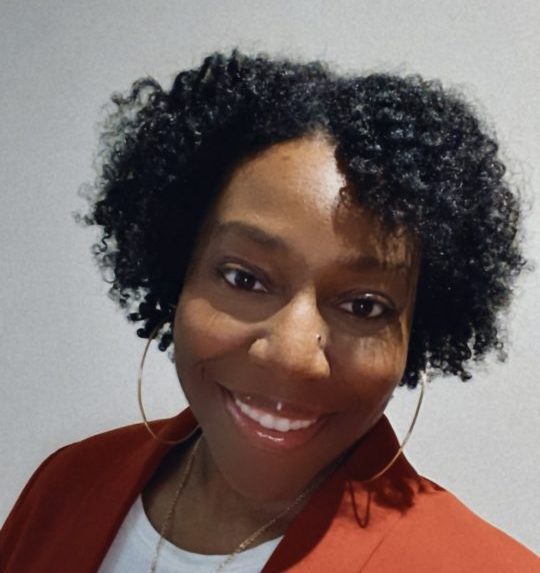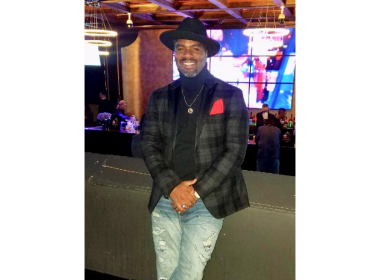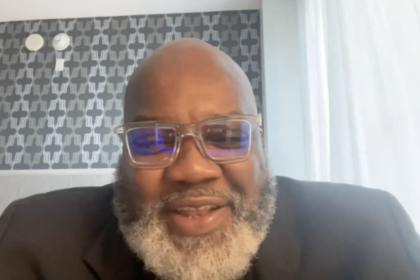
Kenion Johnson entered the music business at a time when album sales were so great it didn’t take much for mid-level artists to receive a gold or platinum plaque. But with advancements in technology, music is now delivered to fans in ways that cut profits from the artist and record label.
As the national director of Urban Promotions at Interscope, Johnson must figure out new ways to promote artists to consumers who believe music should be free.
He recently sat down with rolling out to break down how to promote artists in the new era of music.
How did you get your initial start in the music industry?
My introduction into the music industry was through street promotions. I started doing street promotions in college while I was at Clark Atlanta University as a rep for LOUD Records. At the time, LOUD Records was really big in the streets; They had artists like Mobb Deep, Wu Tang Clan, and Big Pun. Also, all of them happened to be some of my favorite artists so it was a joy and a pleasure to work with LOUD.
When did you transition to Interscope?
Coming out of New York, I went to Atlanta Metro College in 1992 and transferred to CAU in 1994. When I graduated from Clark in 1997, I was able to get a job at Priority Records as the regional director of Promotions. I was doing radio promotions at that time and I’ve been involved in the radio and records side of the business since then. I then went to MCA Records. I made it through a bunch of mergers and regime changes and here is where I am today as the national director of Urban Promotions at Interscope.
There was a time when we saw an abundance of artists sell gold or platinum. With new technology, how has the music business changed since you began?
It’s definitely like night and day from when I first started. We grew up in a culture when people looked forward to getting albums because they wanted to hear the music and also wanted to get the physical package to see the pictures and liner notes. Now, I think we are in a generation where kids don’t buy CDs and don’t think that you’re supposed to purchase music, which is really unfortunate but I think with the digital space, we are figuring it out. It just took way too long for us to do so. The music business didn’t take ownership of the digital space and allowed an outsider like Apple to take control and dictate its future.
Johnson will reveal details of the Maven Brand in Part II of his interview.
















